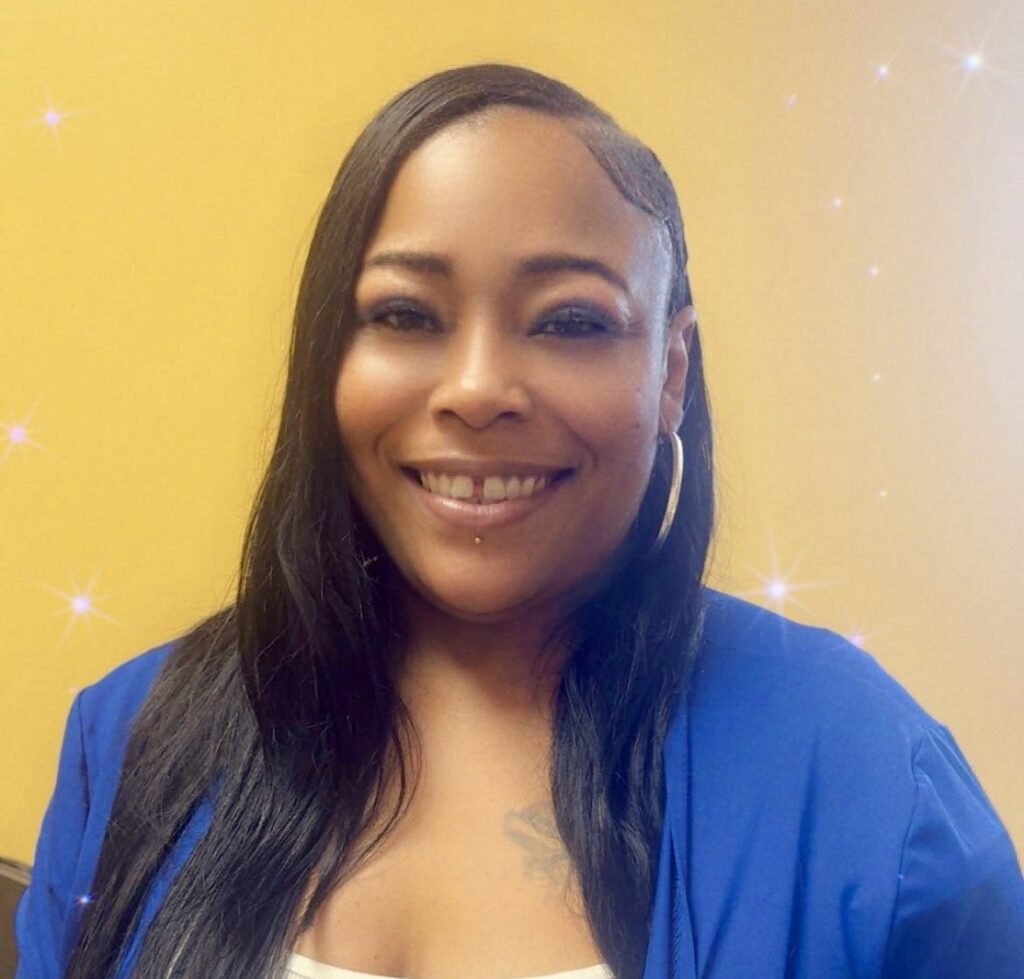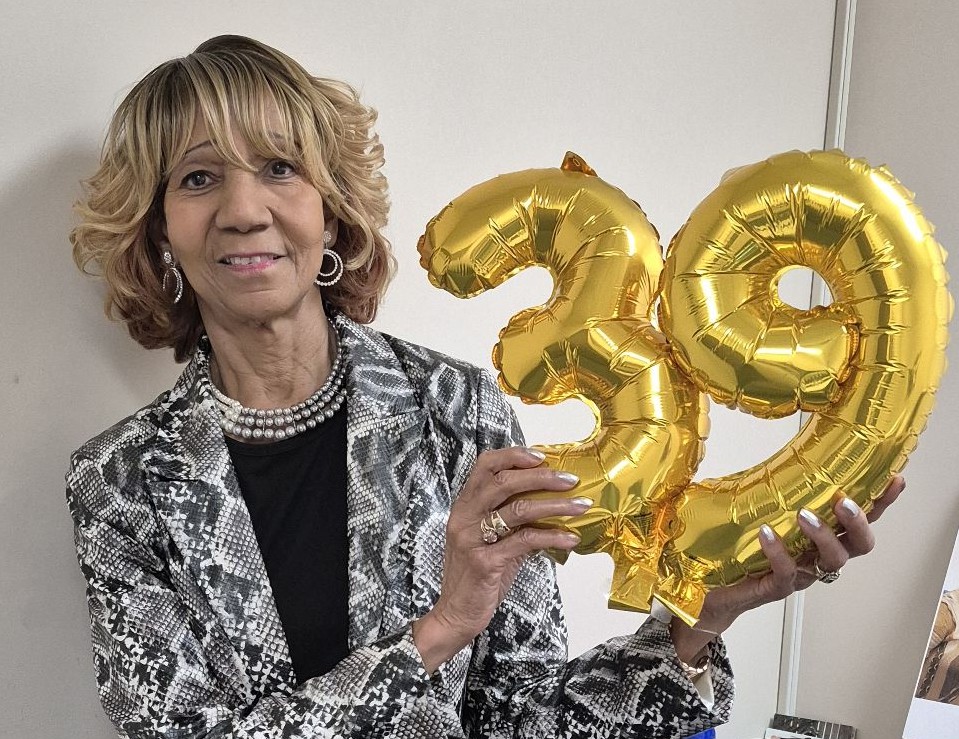Wednesday With Dr. Warren is a segment by Warren A. Kass, Ph.D., a Consulting Clinical Psychologist at Magdala House. Dr. Kass graduated from Marquette University, has a doctorate from St. Louis University, and has over 51 years of experience as a clinical psychologist. Wednesday With Dr. Warren is an informative, thought-provoking piece that will inspire us to live, think, and be better people.
Charles Darwin posited that communities rich in empathetic members are the ones that thrive and produce the most offspring. The survival and success of any group—be it a family, corporation, nation, or species—hinges on cooperation, mutual aid, and group cohesion. Empathy is the key that tunes members into each other’s needs and potential threats, fostering a connected, goal-oriented community.
Empathy in Developmental Psychology
In developmental psychology, empathy is understood as an emotional response stemming from understanding another’s emotional state. It’s the ability to feel or anticipate what someone else might experience in a particular situation. This capacity for empathy is not exclusive to humans; it’s observed throughout the animal kingdom. Animals often show empathy toward humans and other animals. For example, elephants, one of the most empathetic animals, recognize and respond to the suffering of their peers. When an elephant is injured, the herd slows down to keep the injured one from being left behind. Similarly, dogs quickly respond to a crying human by offering comfort, and even rats have been observed refusing to pull a lever for food if it means shocking a fellow rat.
In humans, the capacity for empathy begins to emerge early in life. Infants start to comfort others in distress by around 12 months. From 14 to 18 months, they display spontaneous helping behaviors, and as they grow (around ages 2 and 3), they develop empathy within their social environment. Through social interactions, children learn to discern what is appropriate for other situations, shaping their empathetic responses. Empathy significantly influences moral behavior and helps curb aggression.
The Neurology of Empathy
Empathy involves several brain structures. Sensory information is received by the thalamus, which acts as a hub for processing sensory data. The amygdala and neocortex provide context and meaning based on our past experiences and cultural background, ultimately shaping our empathetic responses and encouraging prosocial behavior.
Empathy vs. Sympathy
It’s important to differentiate empathy from sympathy. Both are emotional responses triggered by another’s distress, but they involve different neurological pathways and often lead to different outcomes. Both empathy and sympathy involve mirror neurons—cells that fire both when we perform an action and when we observe the same action performed by others. These neurons allow us to share and understand the experiences and emotions of others.
In empathy, the neocortex, or rational brain, plays a crucial role in interpreting the situation and forming an empathetic response. This involves emotional self-control and perspective-taking, allowing us to understand and connect with others without absorbing their feelings. Empathy is about being present, offering support, and having faith in someone’s ability to overcome their difficulties.
Sympathy, on the other hand, often stems from the ego and involves the amygdala or emotional brain. It is more about feeling sorry for someone and suggesting what should be done. This can sometimes lead to lowering expectations and fostering dependency, which may result in resentment over time.
Conclusion
Empathy drives genuine connection and community cohesion. It enables us to stand with others, understand their situations, and offer meaningful support. While sympathy has its place, empathy nurtures independence and resilience, making it a cornerstone of thriving communities.
Warren A. Kass, Ph.D.
Consulting Clinical Psychologist
References available at Magdala House Central Office
Abramson, A (2021) Cultivating Empathy. Monitor on Psychology. 52(8). American Psychological Association.
McLaren, K (2013) The Art of Empathy: A Complete Guide to Life’s Most Essential Skill. Sounds True







